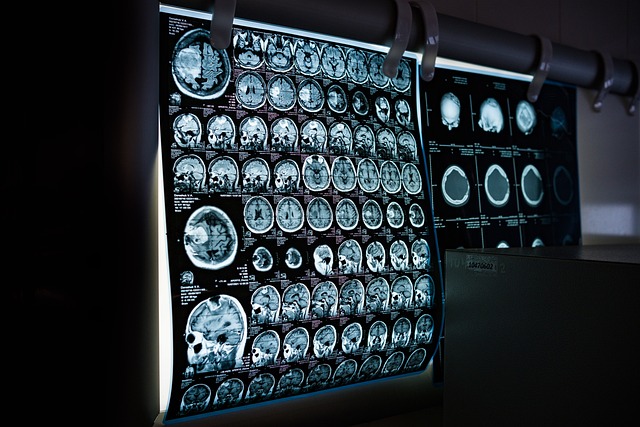Early Warning Signs of Heart Failure You Shouldn’t Ignore
Heart failure and heart valve disease can show early warning signs. Learn about heart failure symptoms and how to spot signs of heart valve disease. Understand when to seek medical advice for a failing heart valve and take steps toward better heart health.

Understanding Heart Failure and Its Impact
Heart failure occurs when the heart muscle cannot pump blood as effectively as it should. This doesn’t mean the heart has stopped working, but rather that it’s not meeting the body’s needs for blood and oxygen. The condition can develop gradually over time or appear suddenly, making awareness of early warning signs particularly important for prevention and treatment.
Common Early Warning Signs of Heart Failure
Shortness of breath is often one of the first noticeable signs of heart failure, particularly during physical activity or when lying down. People may find themselves needing to prop up extra pillows at night to breathe comfortably. Fatigue and general weakness during daily activities can also indicate the heart isn’t pumping efficiently. Additionally, swelling in the ankles, feet, and legs (edema) occurs as fluid builds up due to poor circulation.
Less Obvious Symptoms to Watch For
Some heart failure symptoms might not seem obviously connected to heart problems. These include unexplained coughing or wheezing, especially when lying down, rapid or irregular heartbeat, and decreased appetite or nausea. Weight gain from fluid retention, despite eating less, can be another subtle indicator. Difficulty concentrating or increased confusion may also occur due to reduced blood flow to the brain.
Heart Valve Issues and Their Connection
Heart valve problems often contribute to or indicate developing heart failure. Key signs of valve issues include heart murmurs, chest pain or pressure, dizziness, and fainting spells. If you experience any of these symptoms, especially in combination with other heart failure signs, seeking immediate medical attention is crucial for proper diagnosis and treatment.
When to Seek Medical Help
Certain symptoms warrant immediate medical attention. These include severe shortness of breath, chest pain, fainting, or rapid, irregular heartbeat. Even if symptoms seem mild, scheduling an appointment with a healthcare provider is important when you notice persistent changes in your health, particularly if you have risk factors for heart disease.
This article is for informational purposes only and should not be considered medical advice. Please consult a qualified healthcare professional for personalized guidance and treatment.




